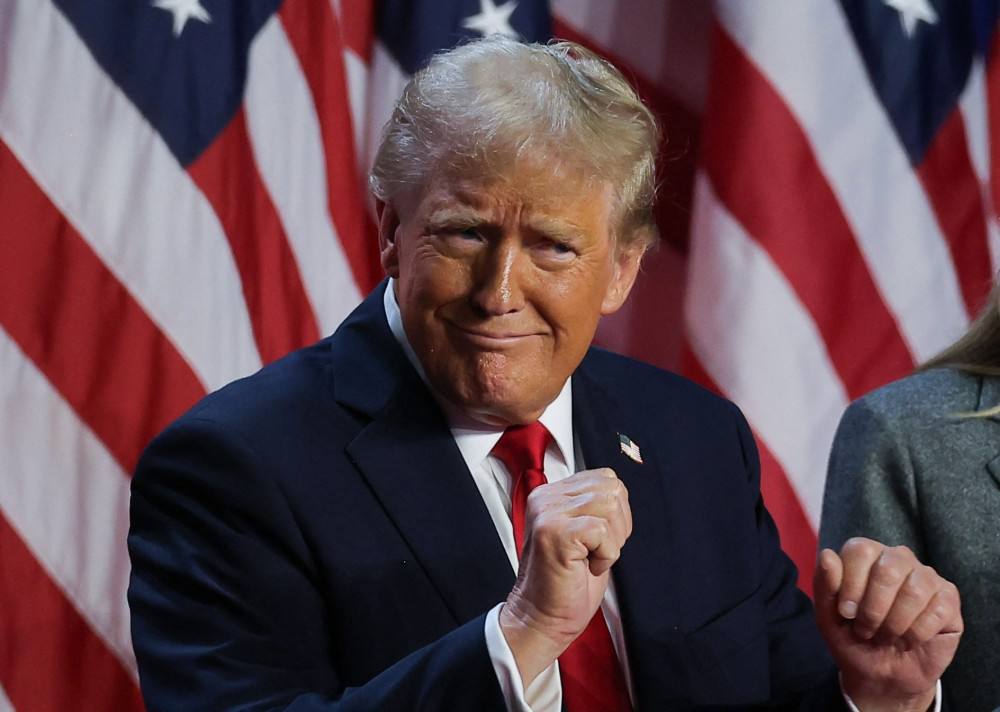Europe Awaits Trump
United States 2024: Trump and Europe
Europe Awaits Trump: The imminent return of Donald Trump to the White House presents Europe with both old and new challenges, and there are those who are already betting on its contagious effects. For several days, American media have been repeating this phrase: Trump’s return will be a stress test for American democracy.
And what about European democracy? Four years ago, when Joe Biden spoke of America’s return to the global stage, many in the old continent decided to archive the first term of this businessman as an aberration. Today, Trump’s decisive victory among voters shows how hasty that judgment was. Politico wrote about this: ‘The Trump show has started again, and Europe cannot look away.’
European policymakers have spent months preparing for Trump’s possible return, but the truth is that no one knows what to expect and therefore how to respond. Trump’s victory will inevitably affect all areas of EU policy, from the tariffs he promised to impose on every item entering the United States to drug prices, the green transition, and the regulation of AI. Not to mention more critical issues like defending the continent against foreign threats and Ukraine against Russian aggression.
But what is most concerning are the consequences another four years of Trump in the White House could have on the stability of Europe’s architecture, which has already come under significant internal pressure. In 2016, when Trump first entered the White House, some analysts noted that the baton of liberal democracy had slipped from the hands of Angela Merkel, then the most credible leader in the West.
Eight years later, as Trump prepares for a return, darker and more vengeful than before, Merkel has not only left the stage, but her legacy, as the latest from Berlin shows, is at risk.
Strengthening the Ranks
It is no secret that Trump’s return comes at a time when Europe is in a very fragile position.
Less than 24 hours after the election of this businessman, Hungarian Prime Minister Viktor Orban, who was hosting an informal meeting of the European Political Community at the time, was busy uncorking champagne bottles, while the German government was collapsing.
Vivid images of times passing by, even on this side of the Atlantic, where right-wing populists are on the rise.
Yet, despite dealing with their own internal issues, France and Germany have tried to show a united front. ‘We will work for a more united, stronger, and independent Europe,’ said French President Emmanuel Macron, as well as German Chancellor Olaf Scholz, who has not formally congratulated the new American leader, calling on the 27 countries to act unitedly—a call that we hope will be accompanied by practical actions.
We hope not to see a repeat of what happened between 2016 and 2020, namely the scattered and damaging visits of European leaders to meet Donald Trump for special requests for this or that product at the cost and detriment of neighbors.
Should the European Union Become Carnivorous?
Even Mario Draghi from Budapest, the former president of the European Central Bank and author of the competitiveness report, warns that the European Union must negotiate with Trump with a united spirit, emphasizing that what the other 27 countries cannot do is postpone decisions.
This applies to trade and political relations as well as defense issues. In fact, Trump’s victory means that Europe can no longer rely on the United States for its defense and security.
Polish Prime Minister Donald Tusk has clearly stated that Europe needs to grow and believe in its own capabilities. He announced that the era of geopolitical outsourcing has ended, and he is not the only one calling for more action from European leaders to defend themselves. Macron, from the Hungarian capital, declared that the world is made up of carnivores and herbivores.
If we decide to remain herbivores, the carnivores will eat us. We are at a historically decisive moment for Europeans.
Do we want to read a story written by others, like Putin, the U.S. elections, or China’s decisions, or do we want to write history ourselves? France has long been moving towards strategic self-reliance, but many Union countries are skeptical of anything that might weaken their ties with Washington.
Conflicting Sovereignties
The impact of Trump’s second term on European solidarity could be as damaging as its effects on trade and international relations.
Trump won by linking economic concerns to some of the key issues shared among populists and sovereignty supporters worldwide, including immigration, climate change, and LGBTQ minority rights.
That’s why it was no coincidence that Hungarian Prime Minister Orban made enthusiastic and positive remarks about the newly elected president: ‘The greatest revenge in American history. Congratulations to President Trump on his massive victory, a victory that was desperately needed for the world.’ Also, according to Maximilian Krah, a politician from the Alternative for Germany party and a member of the European Parliament, Donald Trump will free us for the next few years from the war in Ukraine, from Europe’s Green Deal, and from the Digital Services Act.
European populist parties share with the big businessman an anti-system approach, rejection of elites, and disrespect for international institutions. But in reality, their enthusiasm for the success they hope will be reflected in Europe is based on a paradox. Sophie Pornschlegel from the Jacques Delors European think tank warns that his positions are in no way aligned with our European interests.
Trump is not an ally of Europe but an enemy of transatlantic relations. On Wednesday, the French newspaper Le Monde, in its editorial, titled it ‘The End of an American World.’ However, some hope that the new American world will also reach Europe.

